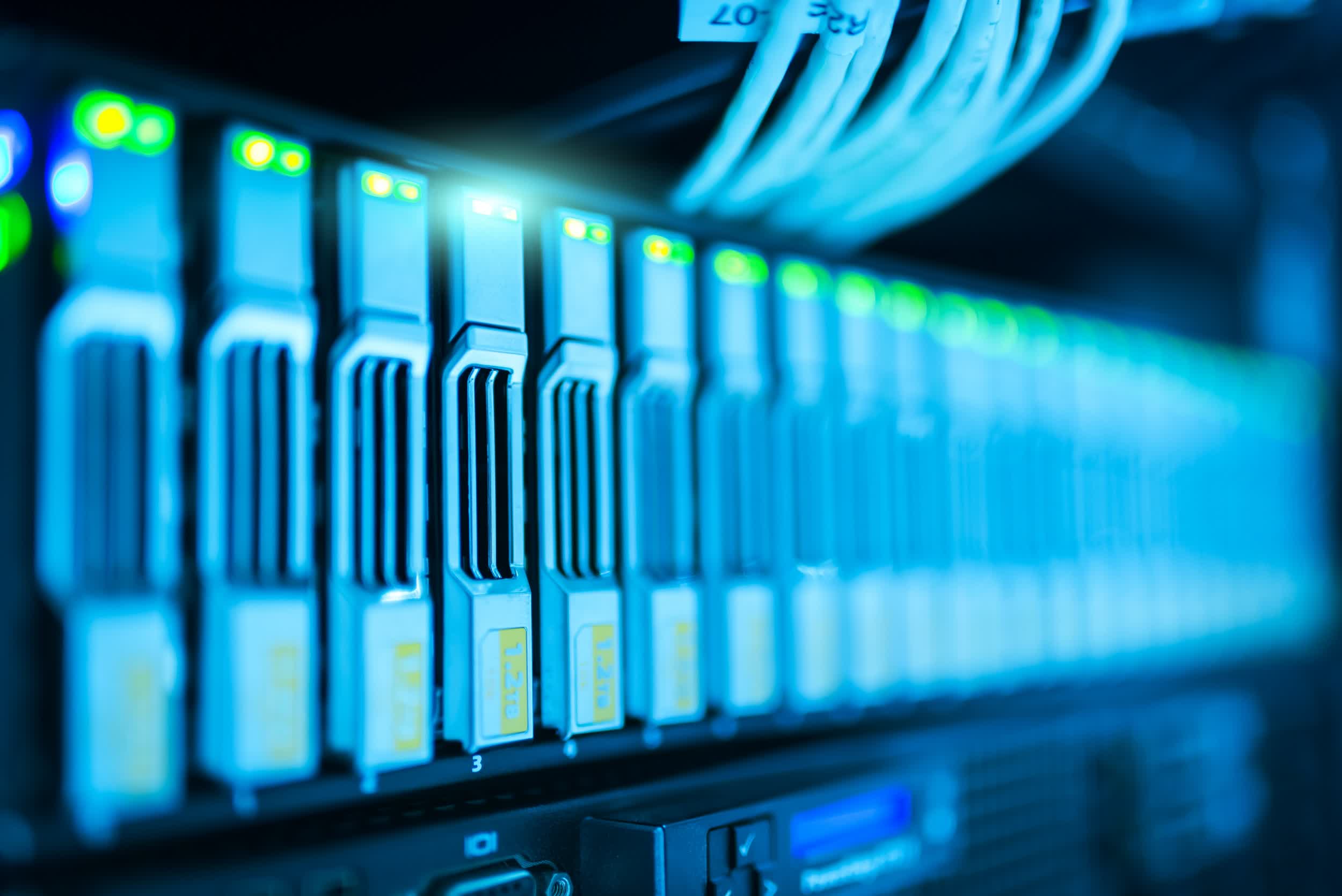The big picture: Dell believes the personal computer supply chain is largely back to normal following a roller coaster ride over the past couple of years that was brought about by the pandemic. The server industry, however, is likely to suffer a bit longer due to lingering chip shortages.
Dell CFO Tom Sweet said there's always going to be some issues affecting the consumer PC chain but added that from their perspective, it's now operating more like the historical norm.
Indeed, it would seem the well-oiled machine is back on track. Heightened demand from the pandemic is easing up, putting less stress on manufacturers to turn out more products than usual. As inventory improves, component costs also decrease.
IDC earlier this month forecast a dip in traditional PC and tablet shipments that likely will not recover until at least 2024. The research company blamed it on a combination of inflation, a weakening economy and a slowdown in demand following a surge in buying over the last two years.
It's a different story for the server market, however, as the ongoing semiconductor shortage continues to complicate things. During a talk at the Citi 2022 Global Technology Conference in New York, Dell chief Michael Dell said the infrastructure challenges they are facing are not yet over. "I wish it was. We still have shortages in some of the trailing nodes, and certain types of silicon are harder to get and on longer lead times," Dell added.
Speaking of lead times, Bloomberg on Friday cited data from trading and technology financial company Susquehanna International claiming semiconductor lead times averaged 26.8 weeks in August. That's just one day shorter than it was a month earlier and seemingly doesn't offer much relief to manufacturers in need.
Sweet said he expects tightness in the server market to start easing up in the fourth quarter.

In related news, Dell's CEO earlier this week offered up advice to other leaders regarding remote work. "From my experience, if you are counting on forced hours spent in a traditional office to create collaboration and provide a feeling of belonging within your organization, you're doing it wrong," he said.
Dell's post was in response to the growing movement from some of the industry's largest players to get employees back in the office. Unsurprisingly, not everyone is chomping at the bit to do so. Dell doesn't seem to think it is all that important, either.
"Our business results show it's working for us, and I believe this model will eventually be embraced as the future of work," Dell added.
Image credit: panumas nikhomkhai, Ruca Souza
